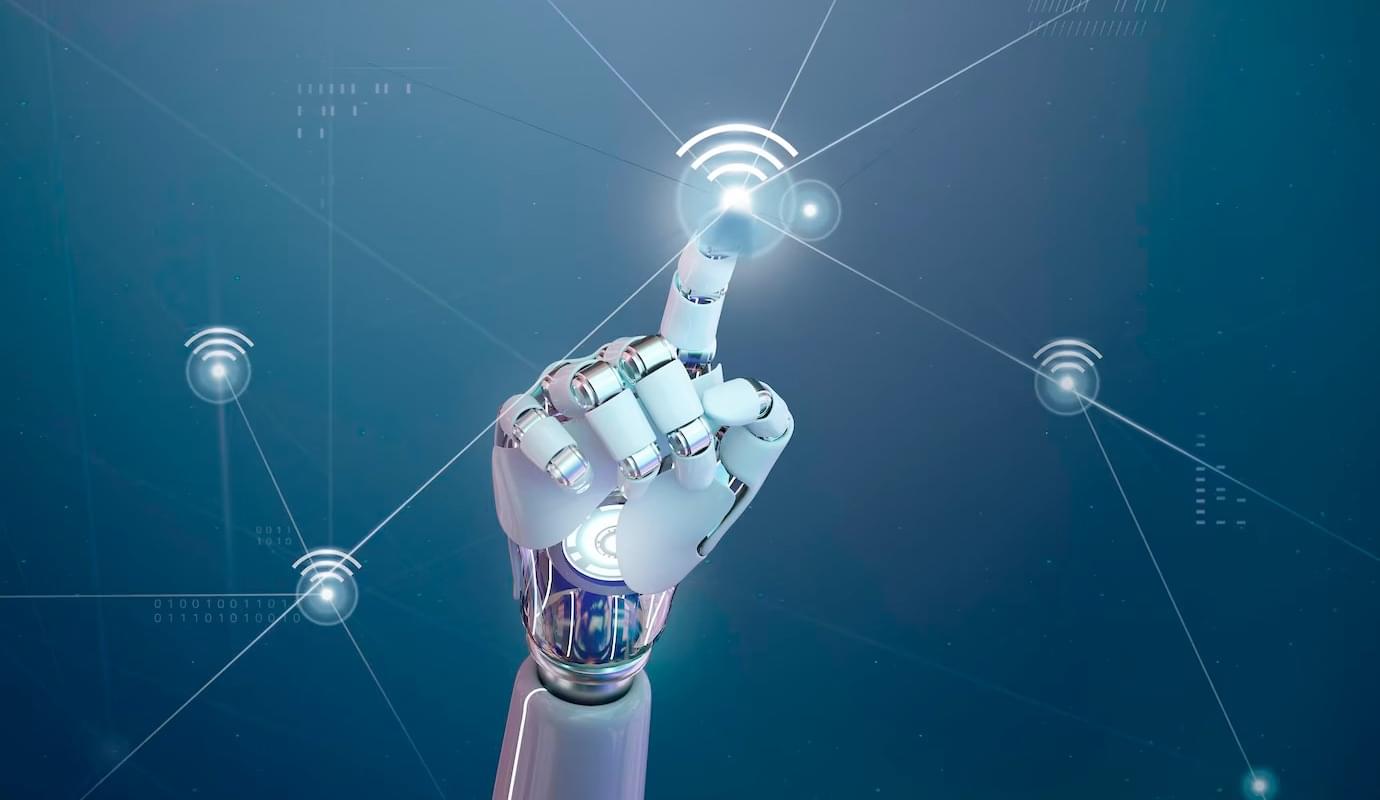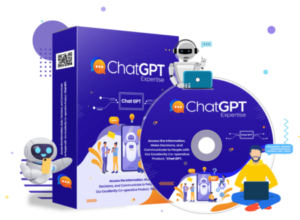In this article, we will explore...
Read More
ChatGPT AI Technology Friend or Foe? Discover if AI Will Replace You
Written by Digital Media Zone
Introduction to ChatGPT AI Technology Friend or Foe
Artificial Intelligence (AI) has become an integral part of our lives, transforming industries and revolutionizing the way businesses operate. One such AI technology that has gained significant attention is ChatGPT. Developed by OpenAI, ChatGPT is a state-of-the-art language model that can generate human-like responses to text inputs.
In this article, we will explore the impact of ChatGPT AI technology on the workforce, its benefits for businesses, the potential risks and challenges it presents, and whether AI can truly replace human employees.
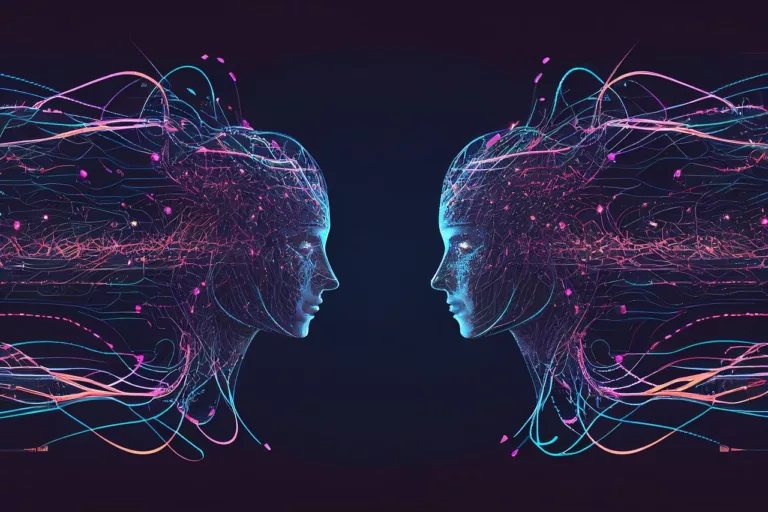
Understanding the Impact of AI on the Workforce
AI technology, including ChatGPT, has the potential to greatly impact the workforce. While some fear that AI will replace jobs, studies suggest that it is more likely to transform job roles and create new opportunities. According to a report by PwC, AI is expected to create more jobs than it replaces by 2037. However, it is important to note that not all industries and job roles will be equally affected.
1. Automation of repetitive tasks
AI technology can automate repetitive tasks, such as data entry, customer support, and manufacturing processes. This can lead to increased efficiency and productivity in the workforce by freeing up human workers to focus on more complex and creative tasks.
2. Job displacement:
AI has the potential to replace certain jobs that are highly repetitive or rule-based in nature. This can result in job displacement for workers in those specific industries. However, it is important to note that AI also creates new job opportunities that require skills in managing and developing AI systems.
3. Skill requirements:
With the rise of AI, there is an increasing demand for workers with skills in AI development, data analysis, machine learning, and programming. Organizations are now focusing on upskilling their workforce to meet these emerging skill requirements.
Industries that heavily rely on repetitive tasks, such as manufacturing and data entry, are more susceptible to automation. On the other hand, professions that require creativity, critical thinking, and emotional intelligence, like healthcare and customer service, are less likely to be fully replaced by AI.
It is crucial for businesses to understand the potential impact of AI on their industry and proactively adapt to the changing landscape.
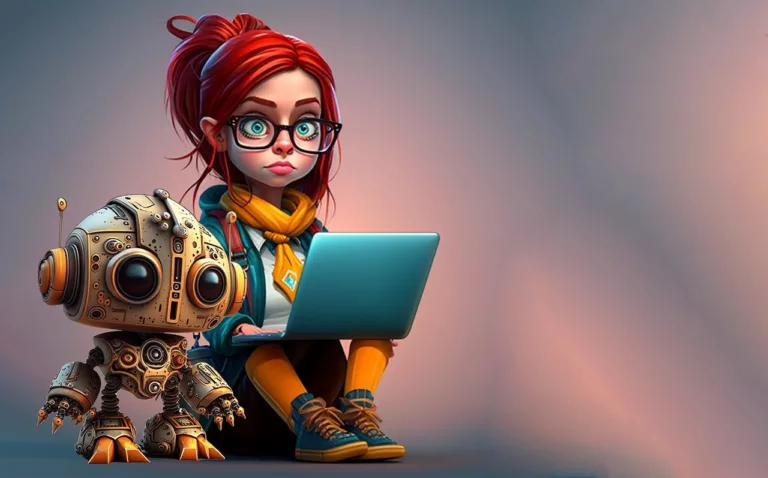
The Benefits of AI Technology in Businesses
Artificial Intelligence brings numerous benefits to businesses. ChatGPT AI technology, in particular, can enhance customer service by providing instant and accurate responses to queries. It can handle a large volume of customer interactions, freeing up human employees to focus on more complex tasks. Additionally, AI can analyze vast amounts of data to identify patterns and make data-driven decisions, leading to improved operational efficiency and effectiveness.
Moreover, AI technology can assist businesses in automating repetitive tasks, reducing human error, and increasing productivity. It can also provide valuable insights and predictions, enabling businesses to make informed decisions and stay ahead of the competition.
With ChatGPT AI technology, businesses can streamline processes, enhance customer experiences, and achieve better overall outcomes
Mastering this AI app will take Any Business to the Next Level.
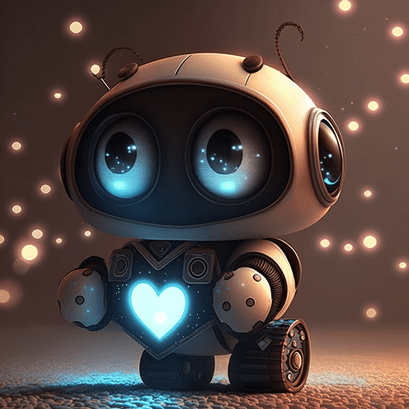
The Potential Risks and Challenges of AI Implementation
While AI technology offers numerous benefits, there are also potential risks and challenges associated with its implementation. One major concern is the displacement of human employees. As AI continues to advance, certain job roles may become obsolete or require reskilling. Businesses must be prepared to provide training and support for their employees to adapt to the changing job landscape.
Another challenge is ensuring the ethical use of AI technology. Bias in algorithms and data can perpetuate inequalities and discrimination. It is crucial for businesses to prioritize fairness, transparency, and accountability when implementing AI systems. Regular audits and monitoring are necessary to identify and address any potential biases that may arise.
Additionally, cybersecurity is a significant concern when implementing AI technology. As AI systems become more integrated into business operations, they can become targets for cyberattacks.
Robust security measures must be put in place to protect sensitive data and prevent unauthorized access.
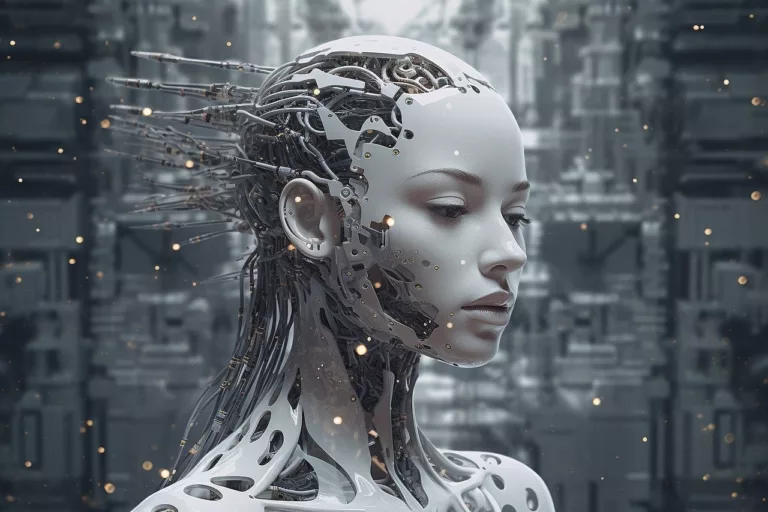
AI vs Human Employees: Can AI Replace Humans?
The question of whether AI can replace human employees is a complex one. While AI technology like ChatGPT can automate certain tasks, it is unlikely to completely replace human employees in most job roles.
AI excels at processing large amounts of data, recognizing patterns, and performing repetitive tasks with precision. However, human employees possess unique qualities such as creativity, empathy, and critical thinking that are difficult to replicate.
1. Efficiency and productivity:
AI can perform repetitive and mundane tasks much faster and more accurately than humans. This can greatly improve efficiency and productivity in industries like manufacturing, logistics, and data analysis.
2. Cost-effectiveness:
AI can potentially reduce labor costs for businesses as it does not require salaries, benefits, or breaks. This cost-effectiveness can make AI an attractive option for companies looking to cut expenses.
3. Safety and reliability:
AI can be used in dangerous environments or situations where human safety is at risk. For example, autonomous vehicles can eliminate human error and reduce accidents on the road, making transportation safer.
In many cases, AI and human employees can work together synergistically. AI can handle routine and mundane tasks, freeing up human employees to focus on more complex and value-added work. This collaboration can lead to increased productivity, improved decision-making, and enhanced customer experiences.
Businesses should strive for a harmonious balance between AI and human employees, leveraging the strengths of each to achieve optimal outcomes.
How Businesses Can Leverage ChatGPT AI Technology
To leverage the potential of ChatGPT AI technology, businesses should carefully consider their specific needs and objectives. Here are some ways businesses can effectively utilize ChatGPT AI technology:
- Customer Service: Implement ChatGPT to provide instant and accurate responses to customer queries, improving customer satisfaction and reducing response times.
- Data Analysis: Utilize ChatGPT to analyze large datasets, identifying patterns and trends to make data-driven decisions and gain a competitive advantage.
- Process Automation: Automate repetitive tasks through ChatGPT to increase operational efficiency and reduce human error.
- Personalization: Use ChatGPT to personalize customer experiences by understanding individual preferences and tailoring interactions accordingly.
- Decision Support: Employ ChatGPT to provide insights and predictions that aid in decision-making, enabling businesses to make informed choices.
By strategically integrating ChatGPT AI technology into their operations, businesses can unlock its full potential and reap the benefits it offers.
Ensuring a Harmonious Collaboration Between AI and Human Employees
For AI technology to coexist harmoniously with human employees, businesses need to foster a culture of collaboration and continuous learning. It is essential to provide training and upskilling opportunities to employees to equip them with the skills necessary to work alongside AI systems. This ensures that employees can take on more complex tasks that require human judgment, creativity, and emotional intelligence.
Regular communication and feedback channels should be established to address any concerns or challenges that may arise during the integration of AI technology. Encouraging open dialogue between employees and management helps build trust and ensures that employees feel valued in the evolving workplace.
The Future of AI in the Workplace
The future of AI in the workplace is undoubtedly promising. As AI technology continues to advance, it will become more sophisticated, capable, and integrated into various industries. However, it is important to approach this future with caution and responsibility. Businesses and policymakers must collaborate to establish ethical guidelines and regulations to ensure the responsible use of AI technology.
Moreover, the future of AI in the workplace should focus on augmentation rather than replacement. AI systems should be designed to enhance and support human employees, promoting collaboration and empowering individuals to excel in their roles. By embracing this future, businesses can harness the full potential of AI while valuing and nurturing the unique skills and contributions of human employees.
Ethical Considerations and Responsible Use of AI Technology
Ethics play a crucial role in the adoption and use of AI technology. Businesses must prioritize ethical considerations to prevent harm and ensure fairness. Some key ethical considerations include:
- Transparency: AI systems should be transparent, with clear explanations of how they make decisions.
- Fairness: Avoid bias in AI algorithms and data to ensure fair outcomes and prevent discrimination.
- Privacy: Protect personal data and ensure compliance with privacy regulations.
- Accountability: Establish mechanisms to hold AI systems and their creators accountable for their actions.
By adhering to ethical principles and implementing responsible practices, businesses can build trust with customers, employees, and the wider community.

Conclusion: Embracing the Potential of ChatGPT AI Technology While Valuing Human Skills and Contributions
In conclusion, ChatGPT AI technology presents immense possibilities for businesses. It can enhance customer service, improve operational efficiency, and provide valuable insights. However, it is important to recognize that AI is not a replacement for human employees. The future of AI in the workplace should prioritize collaboration and augmentation, leveraging the strengths of both
AI and human employees.
As businesses embrace ChatGPT AI technology, they must also prioritize ethical considerations and responsible use. By adopting transparent and fair practices, protecting privacy, and being accountable, businesses can ensure that AI technology is used in a manner that benefits society as a whole.
In the dynamic landscape of AI, it is essential for businesses to remain adaptable, continuously learn, and invest in the skills necessary to thrive in collaboration with AI systems. By doing so, businesses can harness the potential of ChatGPT AI technology while valuing and nurturing the unique skills and contributions of human employees.

FAQ 1: What are the potential benefits of using ChatGPT AI technology in businesses?
Answer: ChatGPT AI technology offers several benefits for businesses, including enhanced customer service, improved operational efficiency, and the provision of valuable insights.
FAQ 2: Can AI completely replace human employees in the workplace?
Answer: No, AI is not a replacement for human employees. The future of AI in the workplace should prioritize collaboration and augmentation, leveraging the strengths of both AI and human employees.
FAQ 3: What ethical considerations should businesses keep in mind when adopting ChatGPT AI technology?
Answer: Businesses should prioritize ethical considerations by adopting transparent and fair practices, protecting privacy, and being accountable for the responsible use of AI technology.
FAQ 4: How should businesses adapt to the dynamic landscape of AI?
Answer: Businesses should remain adaptable, continuously learn, and invest in the skills necessary to thrive in collaboration with AI systems. This will help them harness the potential of ChatGPT AI technology while valuing and nurturing the unique skills and contributions of human employees.
FAQ 5: How can businesses ensure that AI technology benefits society as a whole?
Answer: To ensure that AI benefits society, businesses should prioritize ethical use, transparency, and fairness. By doing so, they can make sure that AI technology is used in a manner that benefits society as a whole.
FREE! PDF e-Book

Don't Think About What Might Go Wrong
Think About What Might Go Right!
Crucial Tips & Tricks on How you can Make Money with -
"ChatGPT Expertise"
Available Free for Limited Time Only
We appreciate you taking the time to read our content.
We hope you found it informative and valuable.

Affiliate Disclosure:
This website may contain affiliate links, which means we may earn a commission if you make a purchase through these links. We only recommend products or services that we believe will add value to our readers. The commissions earned through these links help support the content we create and maintain on this website. Please note that this does not affect the price you pay for any products or services purchased through these affiliate links. Your support is greatly appreciated, and we strive to provide honest and unbiased information to assist you in making informed decisions.
Disclaimer:
This content reflects the personal opinions of the author. It is accurate and true to the best of the author’s knowledge and should not be substituted for impartial fact or advice in legal, political, or personal matters. Your journey to affiliate marketing success starts here.
By entering your email, you agree to receive our emails, including marketing emails, in line with our Privacy Policy.

